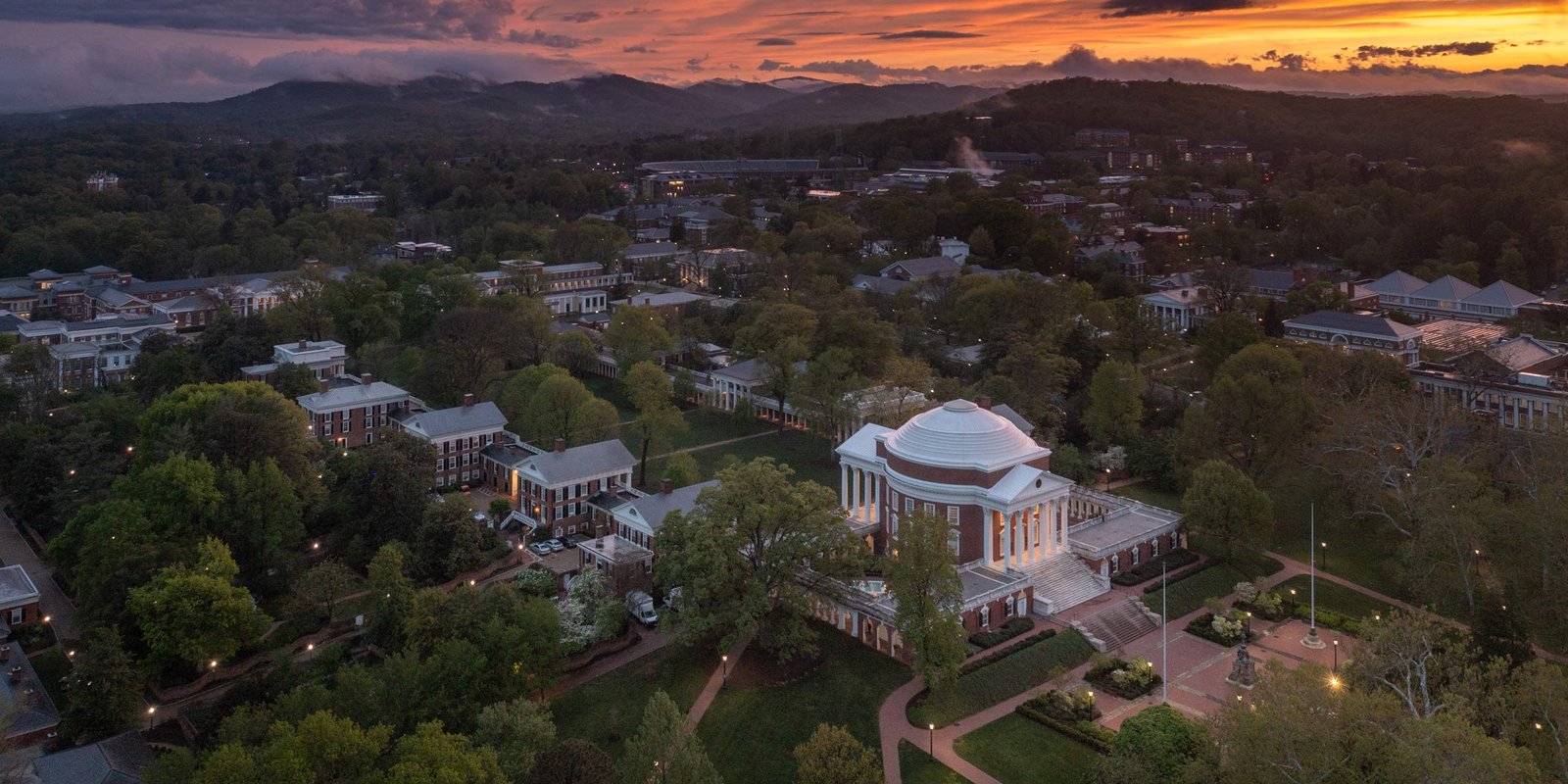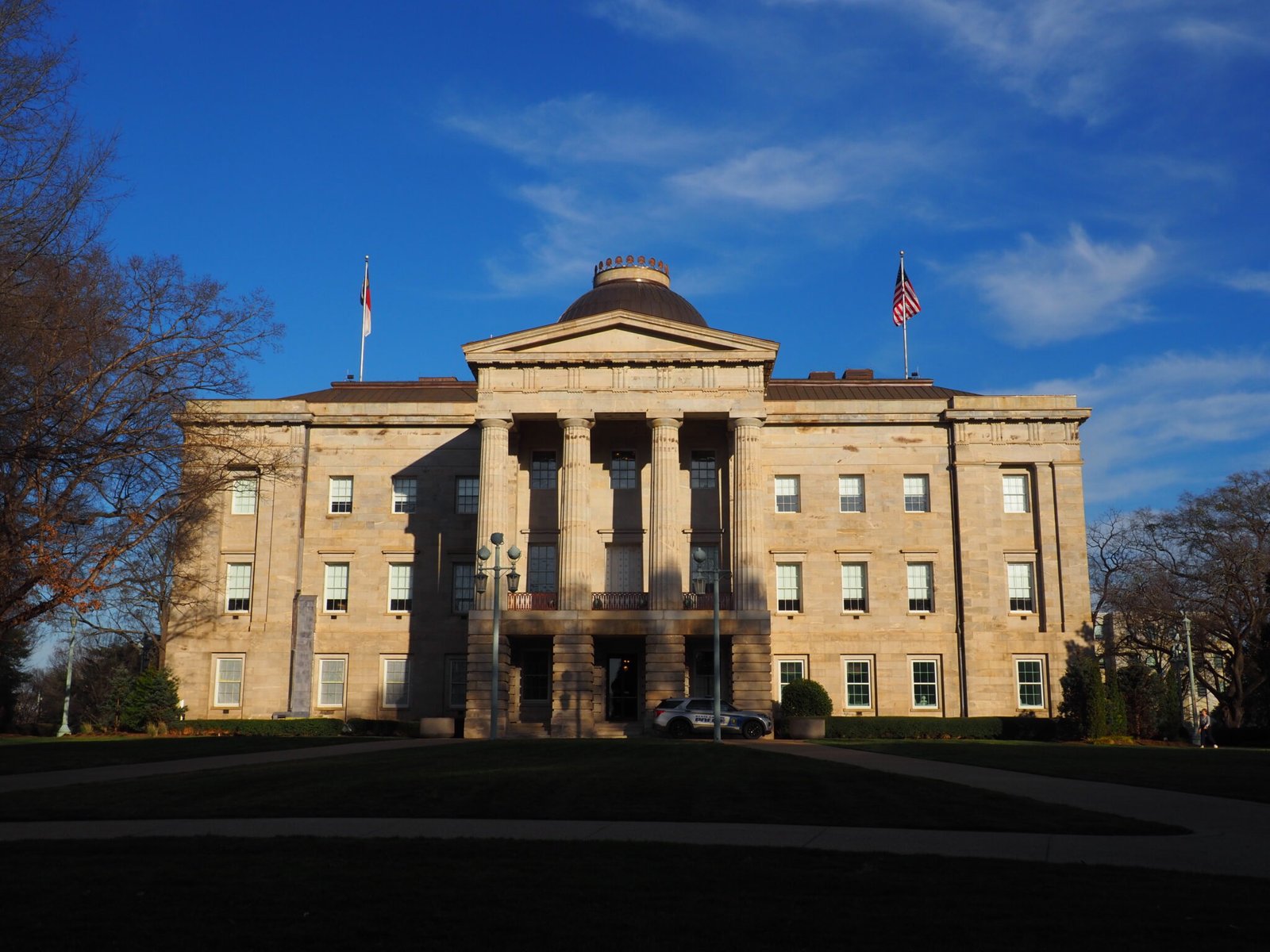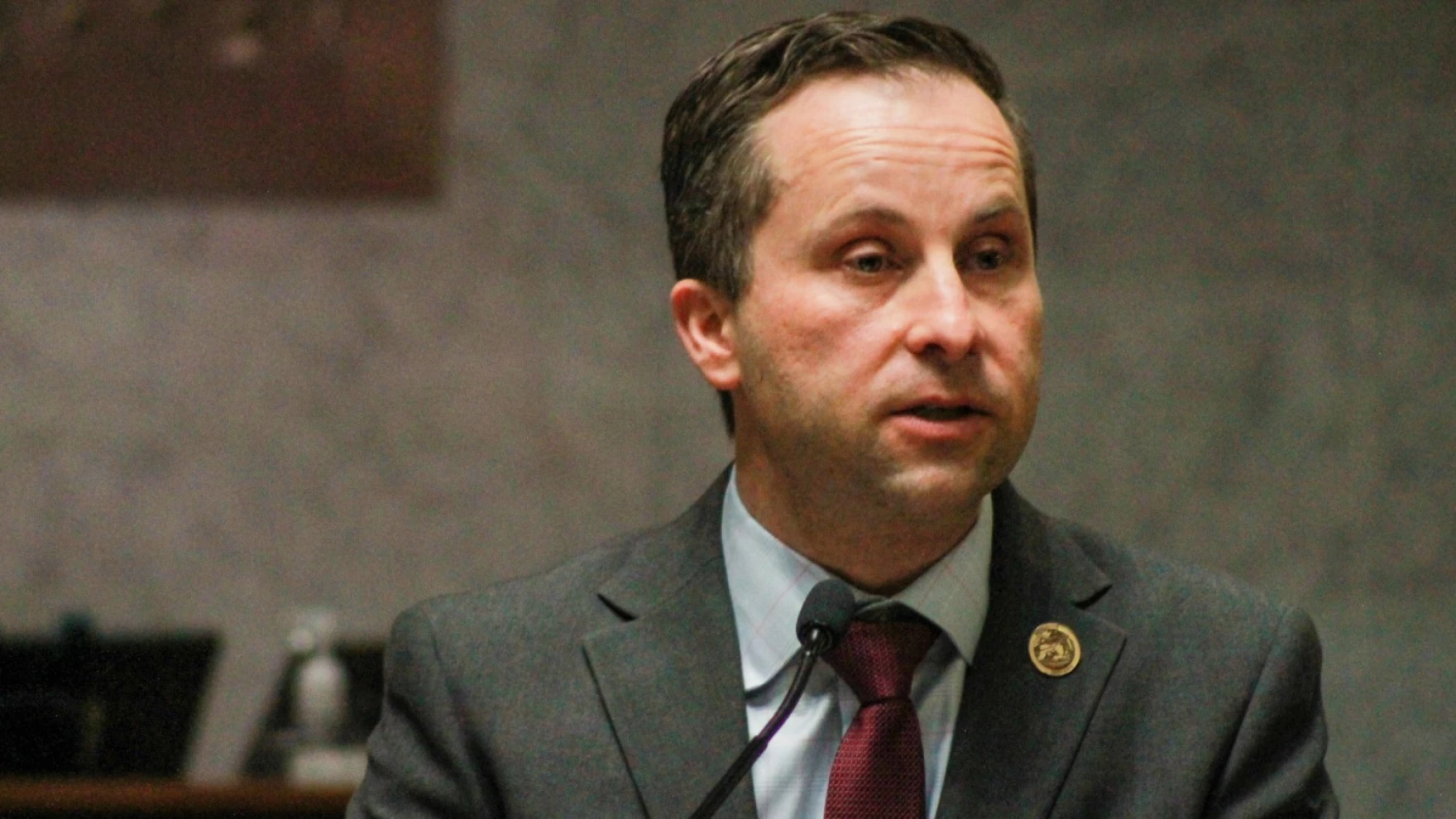The University of Virginia, commonly known as UVA, is one of the most respected public research universities in the United States. Founded in 1819 by Thomas Jefferson, the university is located in Charlottesville, Virginia, and has grown to become a symbol of academic excellence, leadership, and public service. With a long-standing commitment to truth and innovation, UVA has maintained a strong national and international reputation across multiple disciplines.
As a flagship institution in Virginia, the University of Virginia offers a wide range of academic programs through its various schools and colleges. These include the College of Arts & Sciences, the School of Engineering and Applied Science, the School of Architecture, the School of Nursing, and the McIntire School of Commerce. Other prominent units include the Darden School of Business, the School of Law, and the School of Medicine. The university also supports continuing education and professional development through its School of Continuing and Professional Studies.
UVA enrolls about 26,000 students each year, with around 17,000 undergraduates and 9,000 graduate and professional students. The student-to-faculty ratio is approximately 15:1, which reflects the university’s dedication to providing a personalized and high-quality education. With more than 2,200 full-time faculty members, the university attracts top scholars and researchers from around the world.
The University of Virginia consistently ranks among the top five public universities in the country, according to U.S. News & World Report and other national rankings. It is also classified as an R1 research institution, meaning it engages in very high levels of research activity. UVA’s alumni include U.S. presidents, senators, governors, Rhodes Scholars, and leading figures in journalism, business, and law. Notable alumni include President Woodrow Wilson, journalist Katie Couric, comedian Tina Fey, and former U.S. Attorney General Robert F. Kennedy.
One of the university’s most iconic features is the Academical Village, a UNESCO World Heritage Site designed by Thomas Jefferson. The Rotunda, located at the heart of the campus, remains a powerful symbol of Jefferson’s vision for education in a democratic society. This architectural and educational design reflects UVA’s commitment to student engagement and academic freedom.
The university is also known for its Honor System, one of the oldest in the country. Students pledge not to lie, cheat, or steal, and violations are taken seriously by the student-run honor committee. This tradition of integrity is a key part of the student experience and reflects the university’s emphasis on ethical leadership.
Athletics play a significant role at UVA. The university competes in NCAA Division I as part of the Atlantic Coast Conference. Its teams, known as the Cavaliers, have enjoyed success in men’s and women’s lacrosse, soccer, tennis, baseball, and basketball. The men’s basketball team notably won the NCAA National Championship in 2019.
Recently, the University of Virginia has faced political pressure related to its diversity, equity, and inclusion (DEI) policies. In 2025, President James E. Ryan resigned following a federal investigation led by the U.S. Justice Department. The department demanded that the university dismantle its DEI initiatives or risk losing financial aid, student visa access, and research funding. The university’s Board of Visitors voted earlier to shut down its DEI office, and the political response has led to a national debate on academic freedom and university autonomy. This case has sparked concern among education leaders about government involvement in academic leadership and institutional policies.
Despite recent challenges, the University of Virginia continues to uphold its mission to serve the public through education, research, and civic engagement. Its strong academic tradition, commitment to student development, and legacy of leadership make it a model for higher education in the United States.







